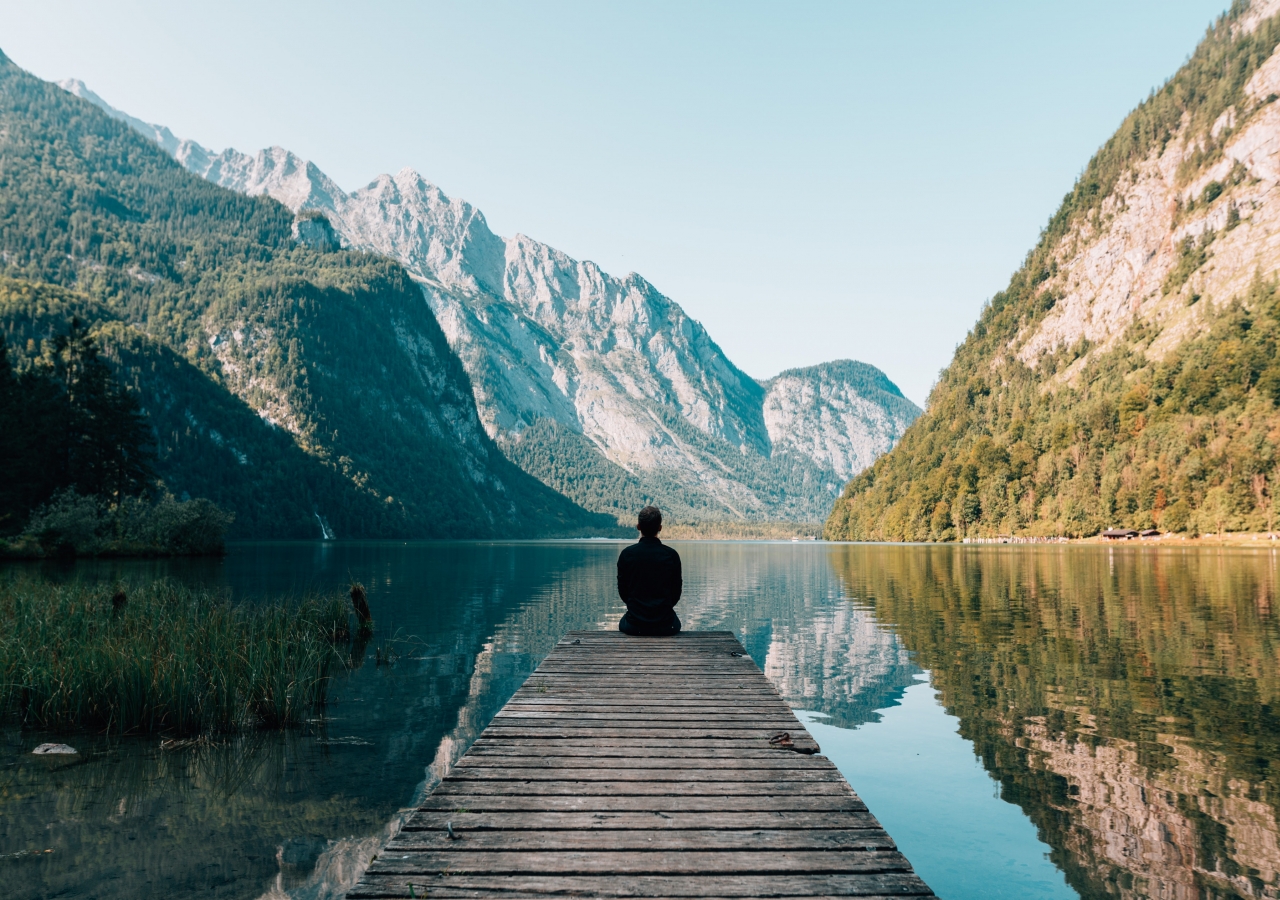In the works of Jalal al-Din Rumi, the 13th-century philosopher and poet often encouraged others to look inside themselves to find answers. The act of reflection can be incredibly powerful. It can help improve self-awareness, deepen understanding, increase clarity of thinking, and provide general mental decluttering.
You may be hoping to change some things about your life after the Covid-19 pandemic subsides, or perhaps the idea has been with you for a while and it’s recently resurfaced. Either way, it can become an overwhelming thought. Some will feel a blank space, not knowing what options they might have. Others may have a wealth of ideas, thoughts, and options all swimming around in their mind. Some will find themselves somewhere in the middle, having some sense of direction but not enough to grasp.
Whichever scenario resonates with you, it can become overwhelming. The thing to remember is, change is all about taking small steps.
So if you’re willing to take a small step, with no right or wrong answers (there is no solution, you don’t need to come to a conclusion, just let your mind explore a little more) then keep reading.
Here are 10 questions for self-reflection, and some guidance on what you can do with the answers.
Find a quiet space and think through them in your own time or you may prefer to read through them all and answer them over time. Write answers as a list, write paragraphs, record voice notes, record a piece to camera, or partner with a friend and ask each other the questions, taking note of your answers.
Tips:
-
Once you feel like you’ve answered the question, ask yourself ‘What else?’ You may be surprised with the extra thoughts that come up if you nudge your thinking a little more each time
-
Consider looking through the answers a few times when you are in different moods, as your mood may unlock extra thoughts and may provide different perspectives
Ten questions for self reflection (and what to do with the answers).
1. What do I enjoy?
Think about how much time you spend doing what you enjoy, and how you may be able to do more of it by increasing frequency or by expanding the methods by which you do it. So, for example, if you enjoy reading, you may think about setting aside regular time to read more often, joining a local or virtual book club.
2. What do I not enjoy?
Spending more time than is necessary on doing things that you don’t enjoy can cause unhappiness, stress, and anxiety. It can drain your energy, affect your confidence and will take up time that you could spend doing things you do enjoy. Looking at what you’ve listed, how can you reduce or entirely stop doing those things? Watch that voice in your head that says ‘you have to’ or ‘you can’t stop’. Challenge that voice. Will there be dire consequences or temporary discomfort and adjustment?
3. What goals do you have right now?
How can you work towards making these happen? Consider breaking the end goal down into smaller steps, picking one milestone, and focusing on how you can achieve it. For example, if you want to be healthier, what steps will get you there and which one of those can you start now?
4. What makes me happy?
This is a big question, so think big. Dig into your memory bank. Think into your past and your present. Anything goes on this one, big or small. Use the answers to help influence decisions you may need to make now or in the future. For example, if looking for a new job, knowing what makes you happy might help influence what jobs you look at or decide to apply for.
5. What have been the accomplishments you’re most proud of?
Reflecting on moments that we are proud of can help us understand what’s important to us and what drives us. Think about those moments in detail and what it was that makes them feel important to you. What do you notice? Are there any commonalities?
6. What haven’t you done yet, that you wish you had?
When answers come to mind on this one, which ones stand out for you? How do you feel when you think about those things? Are there any you still want to do? What’s possible for you?
7. When you think about change, what do you want?
This is an open question, so be honest with yourself and go as broad or deep as your mind takes you (And don’t worry about whether it’s possible and what it needs to look like, you’re just capturing your thoughts, there is no commitment).
8. How would it change your life?
Thinking about your answer to Question 7, if those changes did happen, describe how it could change your life practically, mentally, and emotionally.
9. What’s stopping you?
Again, thinking about your answer to Question 7, what do you think has stopped you from working towards those changes so far? Do you notice any trends in the thoughts or behaviours that tend to stop you?
10. What’s your biggest fear?
Calling your fears out is a good start to working on naming them and overcoming them.
Bonus Question:
11. What’s your incentive to change?
Similarly, being very clear on why you want change can help boost your motivation and confidence to make it happen. Think about what’s driving you to want what you want. Why is it important to you?
If you’ve worked through some or all of the questions, good work! Remember to go back through your answers and add to them by asking yourself ‘What else?’ I hope this exercise has helped you articulate some of what’s in your head and started to bring your thinking together on what small steps you might take to move forward.








